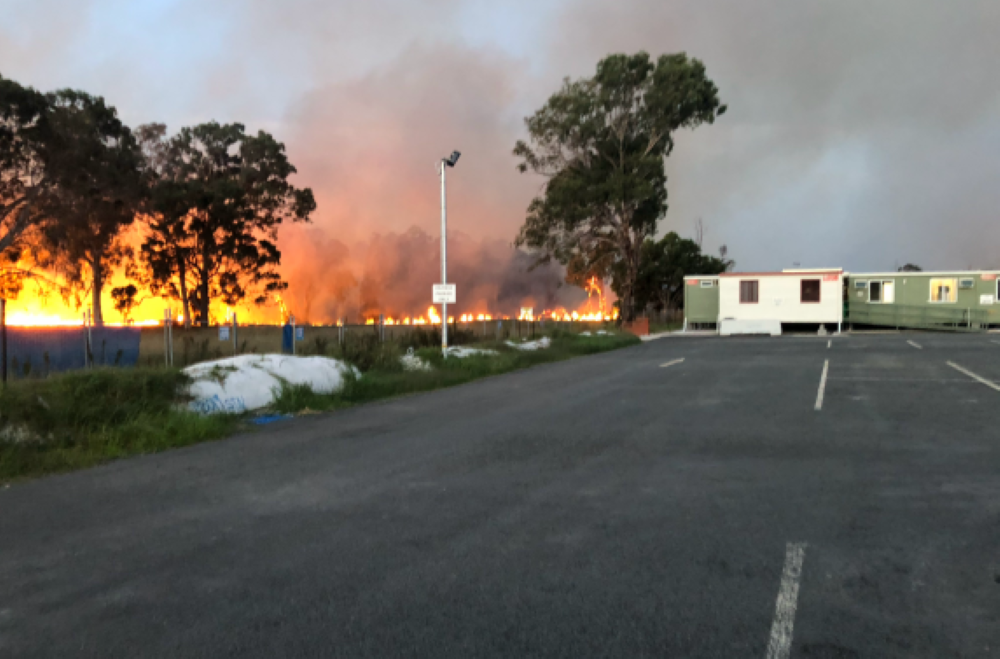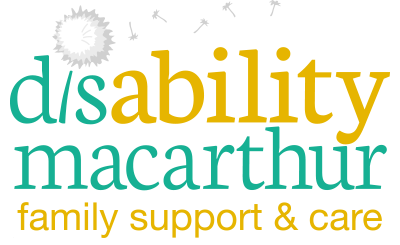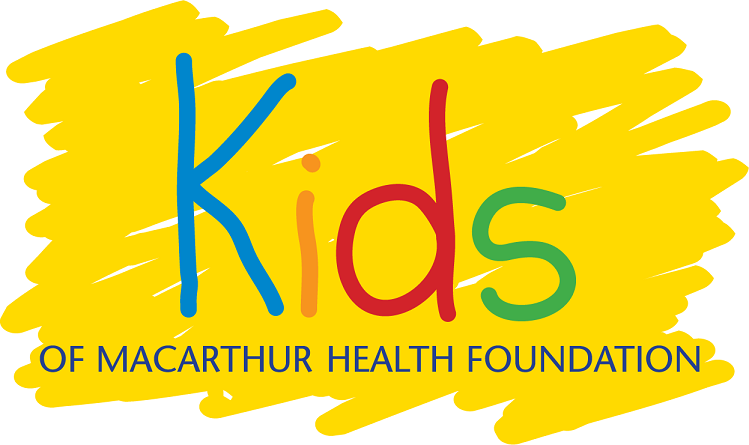
As we head into another potential tinderbox bushfire season, disaster management experts are reminding the South Western Sydney community preparation is the key to safety and survival.
South Western Sydney Primary Health Network (SWSPHN) has developed a flyer to make it easier for our community to ensure planning for their health care needs is part of those preparations.
The flyer provides practical advice to ensure your health isn’t forgotten during a disaster, as well as information about access to services. It is available as a webpage or a pdf.
SWSPHN acting chief executive officer Kristen Short says the old saying “forewarned is forearmed” rang true around natural disasters and emergencies.
“If you are prepared, the panic is removed, and with a plan already in place you are better able to deal with extreme conditions and challenges,” she said.
“Our flyer, Your health matters in a disaster, outlines five simple steps to help you and your family prepare health-wise in case of a disaster in your community.”
During and in the aftermath of a disaster, existing illnesses can become worse: prescriptions may be left behind if you’re forced to evacuate and access to medical services might be limited.
Here are some steps to take control of your health during challenging and disrupted times:
My Health Record: SWSPHN advises people to install the “my health” app on your mobile device and ask your GP to store your medical information on My Health Record. In an emergency, health professionals can access your health records through My Health Record. My Health Record securely stores your medical history, allergies and medications online.
Your medication: Active Script List (ASL) stores your prescriptions electronically. Your pharmacist or GP can then access these scripts in an emergency. In a declared disaster, pharmacists have permission to dispense certain medications without a prescription.
Seeing a doctor: If you have a chronic illness, getting health advice in an emergency is a priority. If your regular GP is not available, you can search for a nearby doctor on the healthdirect website or call 1800 022 222 to speak with a health professional for advice. To find after-hours medical services in South Western Sydney, visit the SWSPHN website.
Look after your mental health: Your mental wellbeing can take a battering during a disaster or emergency. You can access mental health support at headtohealth.gov.au or call 1800 595 212 during business hours. Lifeline has 24/7 crisis support by calling 13 11 14.
Making an emergency health plan: A health plan is just as important in a disaster as emergency and survival plans. The Person-Centered Emergency Preparedness (P-CEP) tool can be used by anyone, including people with a disability.
“SWSPHN’s role in a disaster is to work with the community to prepare and respond to an emergency together and, ultimately, protect and improve the health of our region,” Ms Short said.



